‘Decolonising the Arts' Discussion from the series "Cultural Tensions".
This event took place at U-jazdowski Castle, a contemporary art centre located in Poland. The central theme of the discussion was to delve into the concept of decolonisation within the realm of art and culture. Inaya Folarin Iman, the director of the Equiano Project, served as a guest speaker.
She examined the significant distinctions between contemporary decolonisation discourse and the historical process of formal decolonisation, which primarily focused on the removal of foreign power or rule.
In her analysis, she shed light on how the current discourse contains an anti-human element and perpetuates “white Eurocentrism” by placing sole blame on the West for global issues while portraying other cultures as victims.
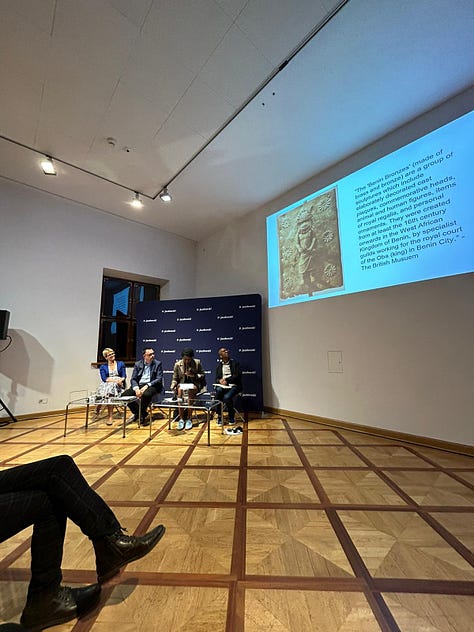

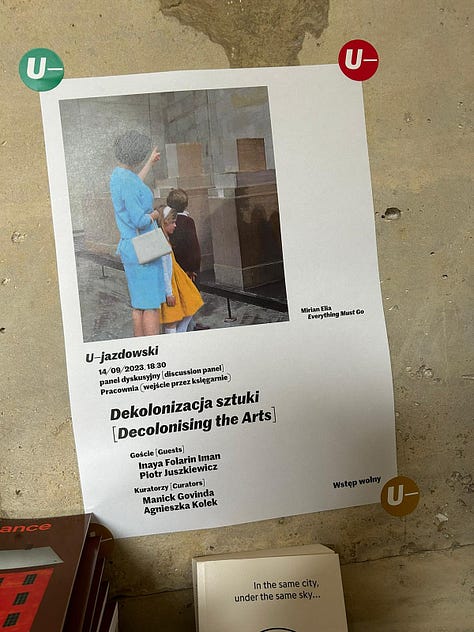

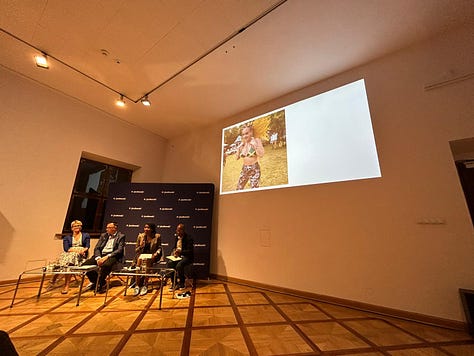
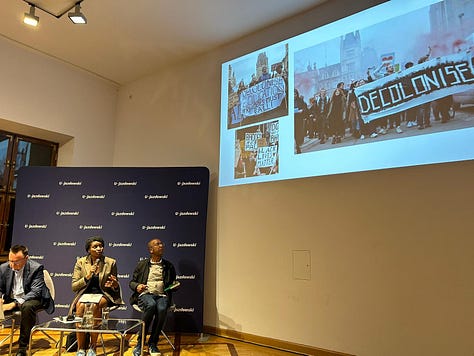
Overall, Inaya offered a comprehensive critique of the contemporary decolonisation movement, highlighting its tendency to oversimplify history, undermine nuanced perspectives, and unintentionally create new problematic dynamics in the arts and society at large.
You can watch the full discussion below. (Inaya speaks from 48:51)

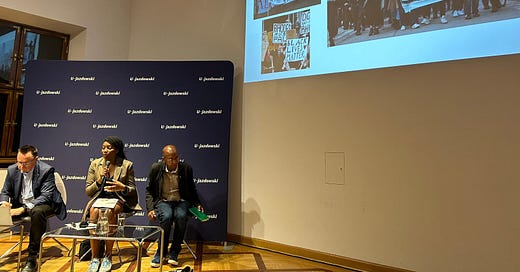



I vaguely remember years ago the radical black feminist bell hooks causing an outcry when she said that some black communities in the US were better off before the 1960's civil rights upheavals.
I don't remember the specifics or the context, but that doesn't matter so much for my point, which is that communities, even in difficult or distressing circumstances can band together to support and maintain themselves. There are survival mechanisms, ways of life, folk wisdom, perhaps long forgotten beliefs and traditions. That these things are eventually forgotten is the way of the world. Writers or artists may seek to uncover or celebrate these old traditions.
Maybe we can call this history with a little 'h', whereas usually these days we are dealing with history with a capital 'H'. Decisions are being made about what qualifies as History and this will always be contested. Historically, black history has been been driven by a need for uplift, or to challenge the idea of black inferiority.
Even within hostile environments black people have found ways to thrive. We have so much black heritage to draw on, who needs convincing that we are equal (superior?), white people or ourselves?
I'm thinking along these lines because of the way that black lives matter captured the political agenda as the one true narrative. Similarly black history month is the product of a specific (political) worldview.
We don't have to agree with bell hooks, but it's prudent to remember that there were counter- narratives even to the American Black Civil Rights movement that many of us (me included) hold 'sacred?'.